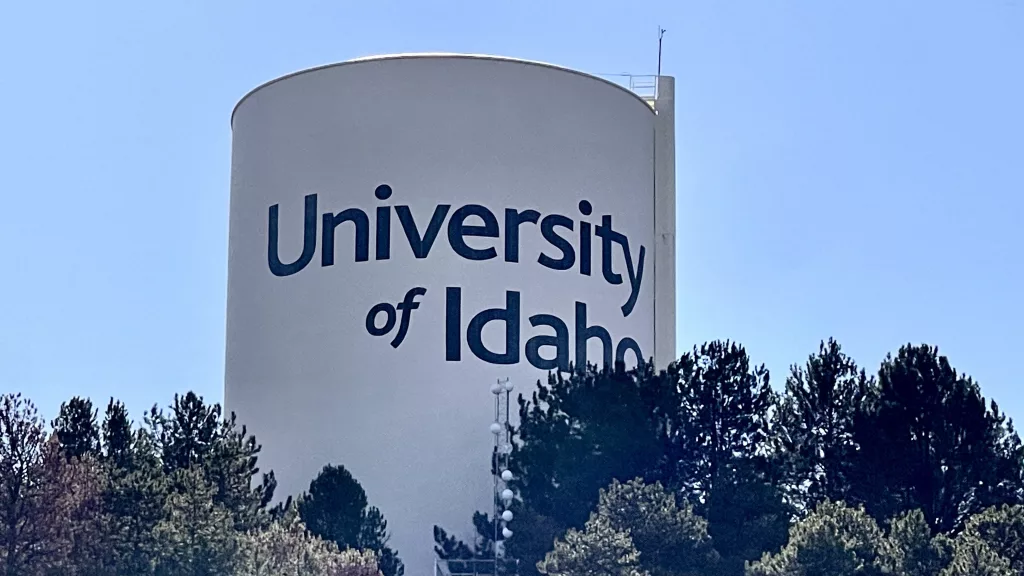MOSCOW, ID – The largest grant in University of Idaho’s history, intended to provide payment directly to Idaho producers for developing sustainable agricultural practices, was terminated this week as a result of new criteria implemented by the United States Department of Agriculture.
The Partnerships for Climate-Smart Commodities (PCSC) program included nearly $59 million for U of I’s Innovative Agriculture and Marketing Partnership (IAMP) project.
USDA recently identified new criteria to evaluate the Climate-Smart grants, referred to as Farmer First policy priorities. The new criteria include a requirement that at least 65% of grant funds must go directly to producers. In the original IAMP proposal, more than 50% of funding was allocated for direct incentive payments to producers, with the rest of the grant, excluding direct administrative costs, intended to provide technical and marketing services to enrolled producers — saving them the cost of contracting those services independently.
U of I faculty, staff and graduate students were providing technical support and guidance to producers to collect and analyze data generated by these practices through this program. The data from this project would have helped producers make informed decisions about how these practices would affect their bottom line, reducing the risk to the producers to engage in new practices.
USDA is relaunching the former PCSC program as the Advancing Markets for Producers (AMP) Initiative. U of I has the opportunity to resubmit a proposal by June 20, with adjustments to meet the new criteria.
As of March, the IAMP project received applications from 201 Idaho producers representing 27 Idaho counties, across seven commodities. Several producers had completed all the paperwork and were enrolled, and others were in the final stages. In a press release announcing the PCSC program cancellation, USDA committed to honoring all eligible expenses incurred prior to April 13. U of I is in contact with its implementing partners and several producers to ensure any eligible expenses incurred prior to this date are reimbursed.
“While we are disappointed by the USDA decision to terminate the IAMP grant, we are thankful for the opportunity to resubmit our proposal,” IAMP Co-director Sanford Eigenbrode said. “The objectives of the IAMP project are in line with the expected guidelines from USDA/NRCS and their Farmer First priorities, and we are in a good position to reconfigure the project to meet those guidelines.”
